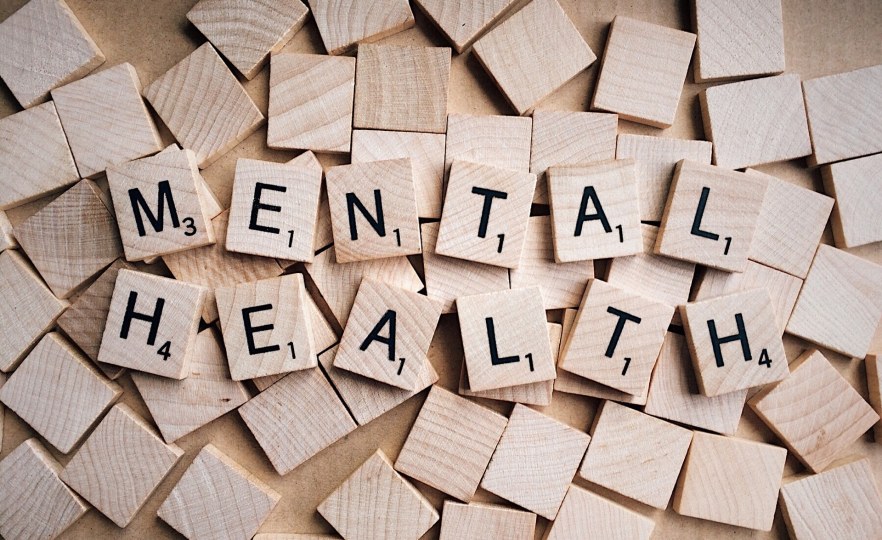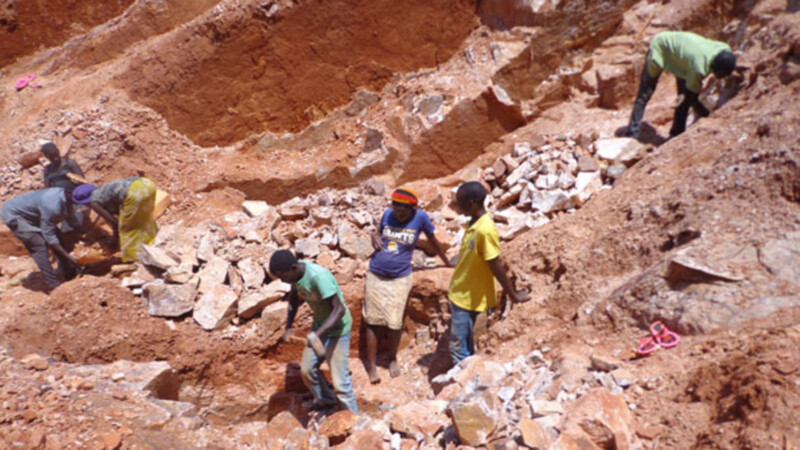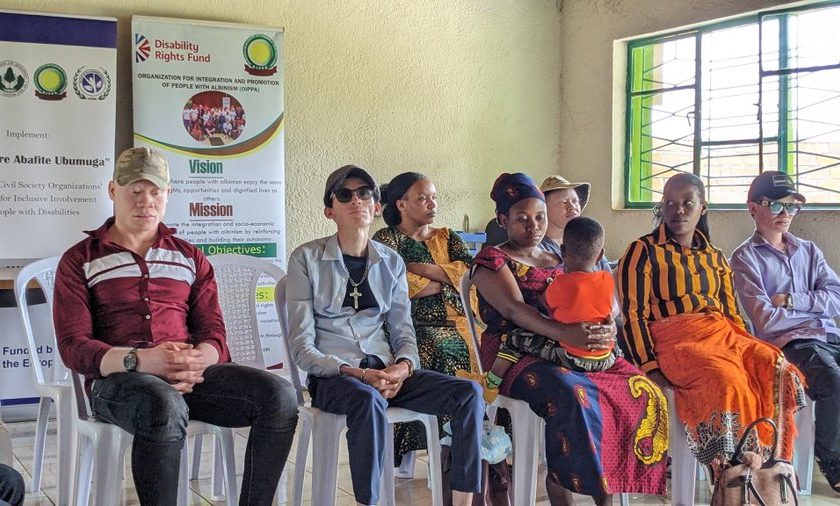In recent years, Rwanda has made strides in expanding access to mental health services, yet significant challenges remain. According to the 2018 Rwanda Mental Health Survey, trauma from the 1994 after the Genocide against the Tutsi continues to affect new generations, with an estimated 27.4% of youth aged 14-25 experiencing psychological issues like depression, anxiety, and social isolation.
The lingering effects of the Genocide against the Tutsi, combined with the impact of the COVID-19 pandemic, have heightened the need for mental health support in the country.
Despite the government’s efforts, including the integration of mental health services across all 512 health centers and hospitals, access remains a challenge, particularly in rural areas. Stigma around mental health often prevents individuals from seeking care, and during the pandemic, this issue was further compounded by lockdowns and economic stresses.
To address these needs, projects like the CARE initiative have focused on community-based interventions, reaching over 10,000 individuals with mental health care and raising awareness among nearly 87,000 people. This initiative has also trained 59 mental health professionals and thousands of community health workers to support those in need.
Rwanda’s path forward involves not only enhancing the availability of mental health services but also fostering a cultural shift toward openness about mental health issues. As part of this effort, the Rwanda Biomedical Centre (RBC) is conducting further research to better understand the mental health landscape and develop targeted interventions to support affected populations.
BY KAYITESI Ange





